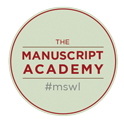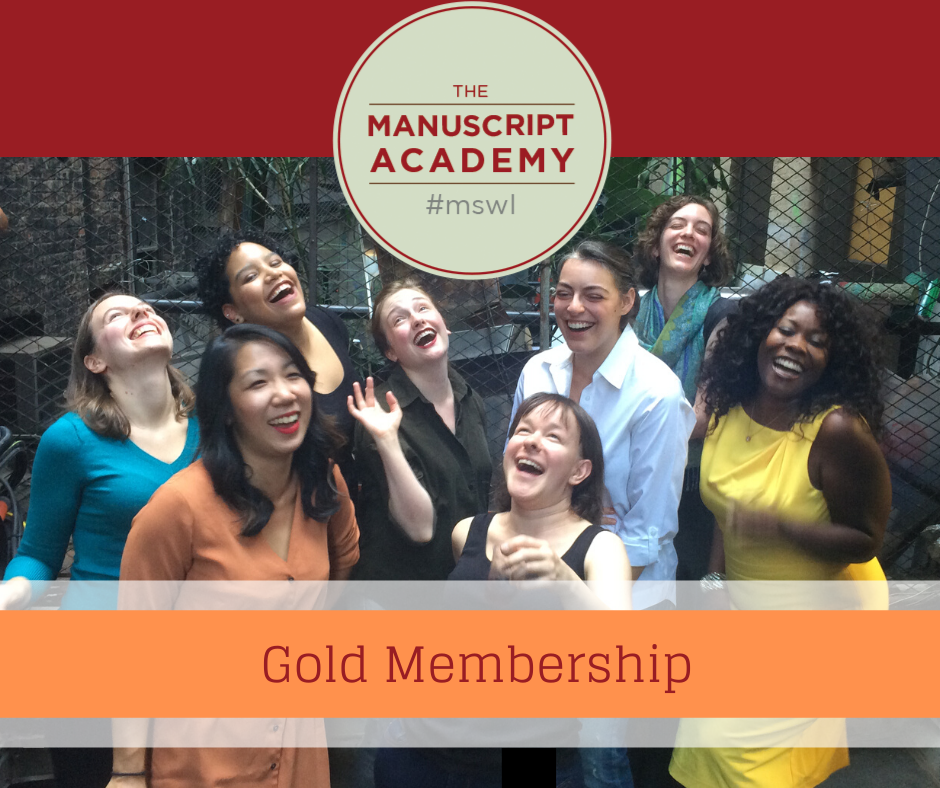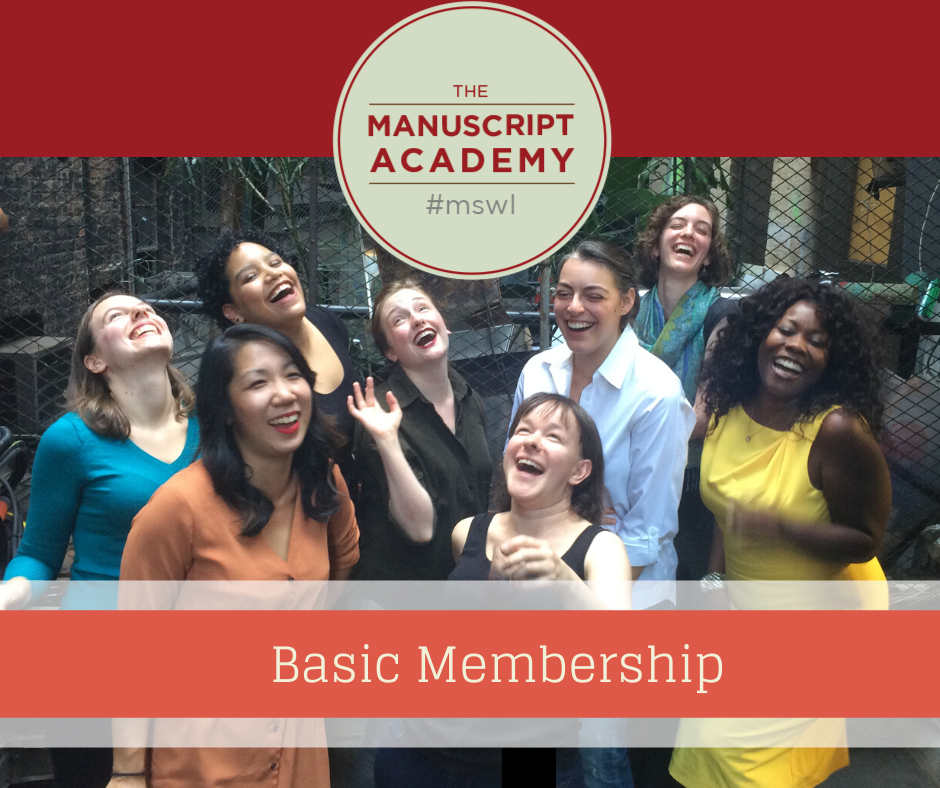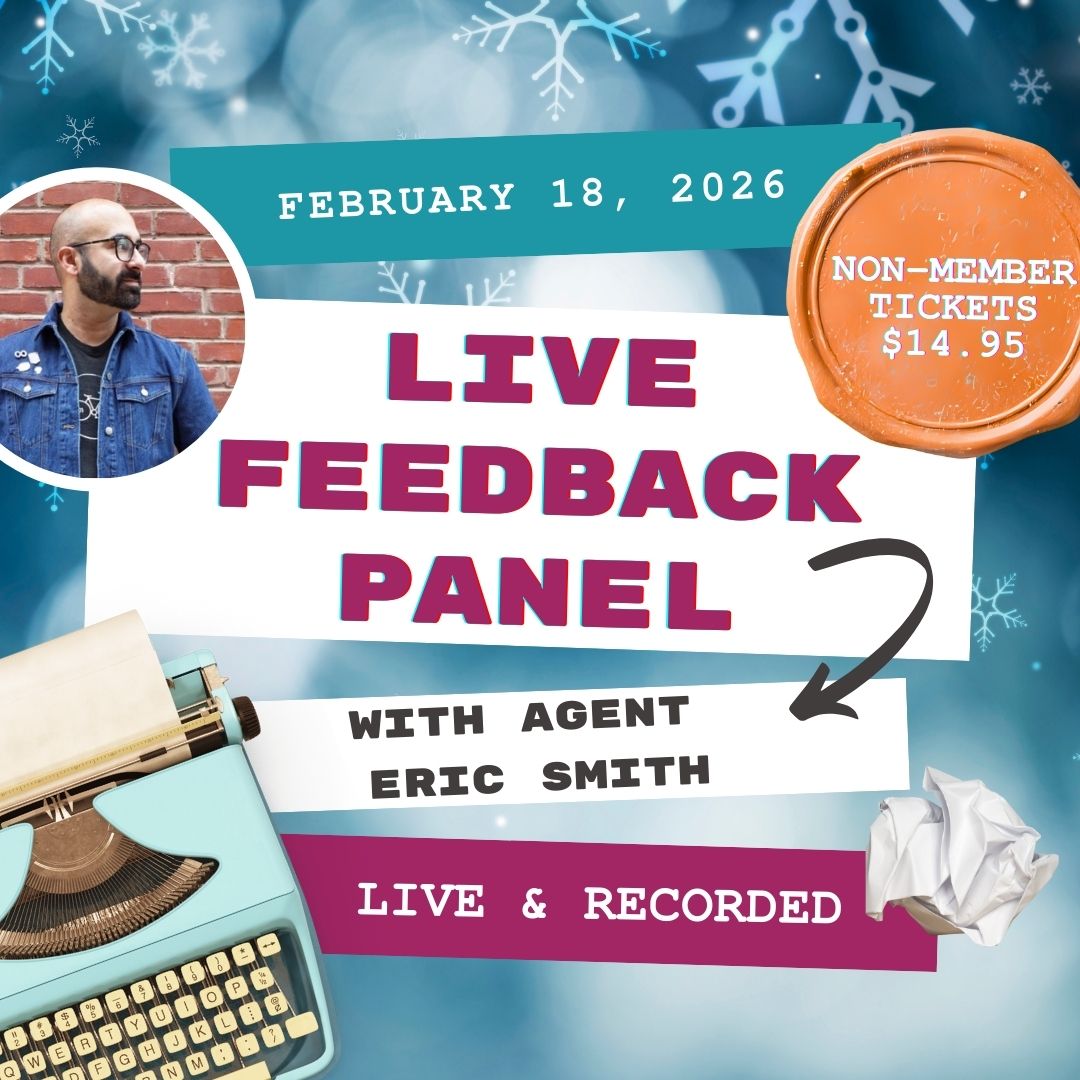Have you ever sat down to write a synopsis and felt overwhelmed by the task? You’re not alone. Some of the most common questions we receive are about synopses–and many of those are some variation on “But why do we have to do this? Why does everyone want something different?”
We don’t know why agents can’t all just get on the same page and agree on five pages, double-spaced–it’s not like this will change their comprehension!–but, in the meantime, you can have a one-page, three-page, and five-page synopsis (double-spaced for the three-page and five-page versions) ready so you don’t have to do a mad scramble when you get a request.
Recently, at Manuscript Academy’s “The Dreaded Synopsis” class led by Megan Barnard, we explored the intricacies of crafting an effective synopsis. With insights shared by literary agents and experienced writers, here’s a guide to help you tackle this daunting task.
## Why the Synopsis Matters
The synopsis is a critical part of your submission package. It’s not just a summary of your work; it’s a tool to showcase your story’s structure and hook potential agents or editors.
Megan emphasized that while she doesn’t initially require a synopsis (and Jessica, in her agenting, doesn’t either–she’ll even send out fiction without one, just adding if an editor asks), many agents and editors do. It’s a way to ensure that the plot makes sense–and, if they’re loving the writing, it’s a way to pause before investing the time to make sure you can stick the landing (or write a satisfying ending).
## Key Elements of a Good Synopsis
- **Start at the Beginning and Go to the End:** Your synopsis should cover your story from start to finish, outlining major plot points without leaving the reader in suspense. Spoilers are not just okay but essential.
- **Avoid Excessive Backstory:** Focus on the main plot and character development. Too much backstory can bog down your synopsis and detract from the pacing.
- **Maintain Clarity and Conciseness:** A synopsis is not the place to showcase every creative element of your prose. Megan highlights the importance of being straightforward, avoiding tricks or hooks that might work in a query letter.
- **Include Major Spoilers and the Ending:** Don’t shy away from revealing twists or the conclusion. This helps the agent or editor understand your story structure and assess the plot’s viability.
- **Preserve Your Voice:** While it needs to be less dramatic than your narrative might be, your synopsis should still reflect the unique voice of your writing.
## Approaching Different Story Structures
For those with multiple points of view or timelines, it’s crucial to balance clarity with the richness of your narrative. Megan suggests segmenting each character’s arc for POV stories or following the timeline that best serves the plot’s unfolding.
## Manuscript Academy Resources
Feeling like you need more help? Manuscript Academy offers several resources:
– **1:1 Meetings:** Schedule a session with a literary agent to get personalized feedback on your synopsis, your query, or any aspect of your submission package.
– **Synopsis Critiques:** A dedicated critique from an experienced faculty member can offer the specific guidance you need to enhance your synopsis.
– **Webinars and Classes:** Keep an eye on the Manuscript Academy’s schedule for upcoming workshops that can further develop your skills.
Writing a synopsis may be daunting, but with these tips and resources, you can craft one that effectively conveys your story’s heart and draws interest from agents and editors. Remember, you aren’t alone in this process. Reach out to your writing community and take advantage of the tools available through Manuscript Academy to refine your approach. Happy writing!






